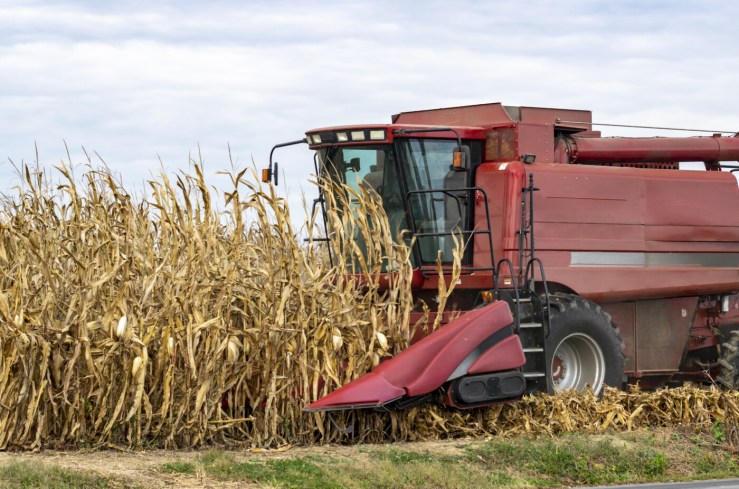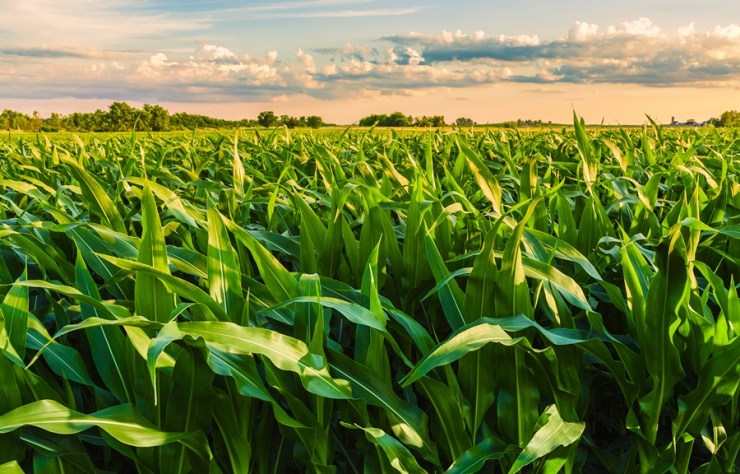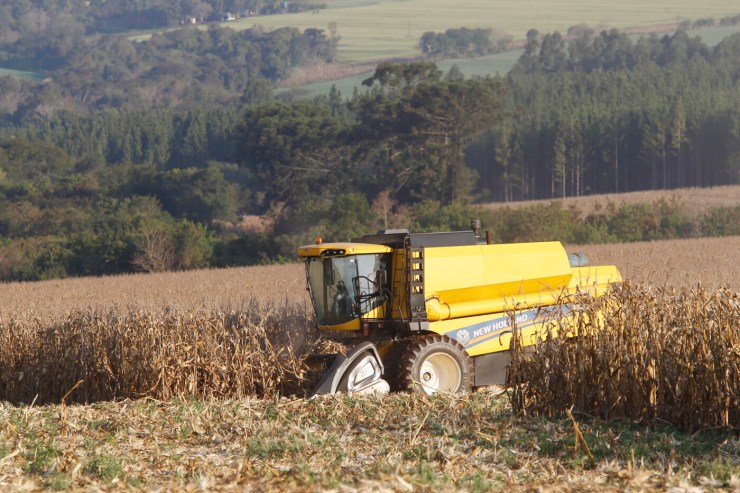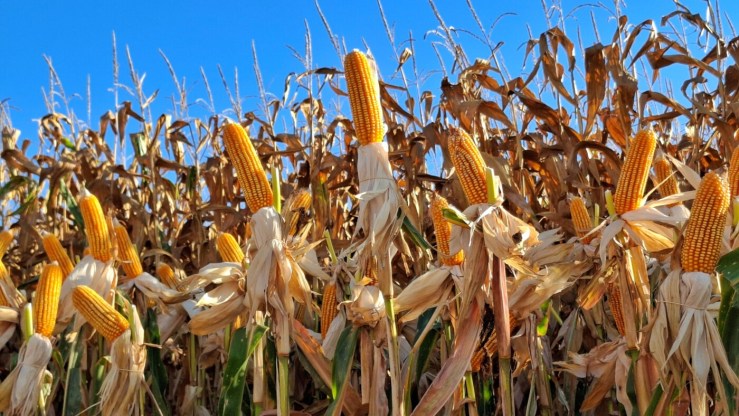According to the Antaq Statistical Yearbook released in February of this year with consolidated data for 2024, the private ports of the Northern Arc – which includes ports in the North and Northeast regions above the 16ºS parallel – handled 52.3 million tons of soybeans and corn for export in 2024.

Amport CEO, Flávio Acatauassú: “We defend the development of the sector and the Brazilian economy, through the correct application of public and private policies that can mitigate the problems caused by drought, respecting the environment and seeking the well-being of society as a whole”
Of this total, 18.4 million tons of corn were exported, corresponding to 47.4% of all corn exports in the country; and 34.4 million tons of soybeans, or the equivalent of 35.3% of the national total. The percentages are impressive, as they exceed all other corridors in the country, including Santos, which exported 16.7 million tons of corn in 2024 (corresponding to 42% of the national total); and 27.9 million tons of soybeans (28.3% of the total exports in the country in 2024).
According to the CEO of the Association of Port Terminals and Cargo Transshipment Stations of the Amazon Basin (AMPORT), Flávio Acatauassú, the result shows how the sector is resilient and works hard to grow consistently and steadily, even in a scenario of extreme drought, as observed in 2024.
“We are resilient and prepared to accelerate our growth year after year. In 2024, we faced numerous challenges, with an extremely dry period that impacted us but did not immobilize us. As always, we are working with extensive investments in infrastructure, with sustainability and environmental concerns,” explained the executive.

Photo: Claudio Neves
Despite the positive results, representatives of private ports in the Northern Arc reinforce the need for investments so that the dry period causes minimal impact on navigation in the region.
“The dredging of critical points on the Tapajós River, to be carried out by the National Department of Transport Infrastructure (DNIT), is extremely necessary for us to navigate in a sustainable manner, avoiding interruptions in the flow of cargo during the dry season, which greatly impacts the sector. We defend the development of the sector and the Brazilian economy, through the correct application of public and private policies that can mitigate the problems caused by the drought, respecting the environment and seeking the well-being of society as a whole”, detailed Acatauassú.
Expectations
The sector closed 2024 with high expectations for 2025. “We currently have an installed capacity of 52 million tons and investments are already underway for another 48 million tons of bulk. In other words, we will have a shipping capacity of around 100 million tons of grains in the next five years. We are prepared for this growing demand and are modernizing ourselves even further to continue growing competitively,” concluded the CEO of Amport.





